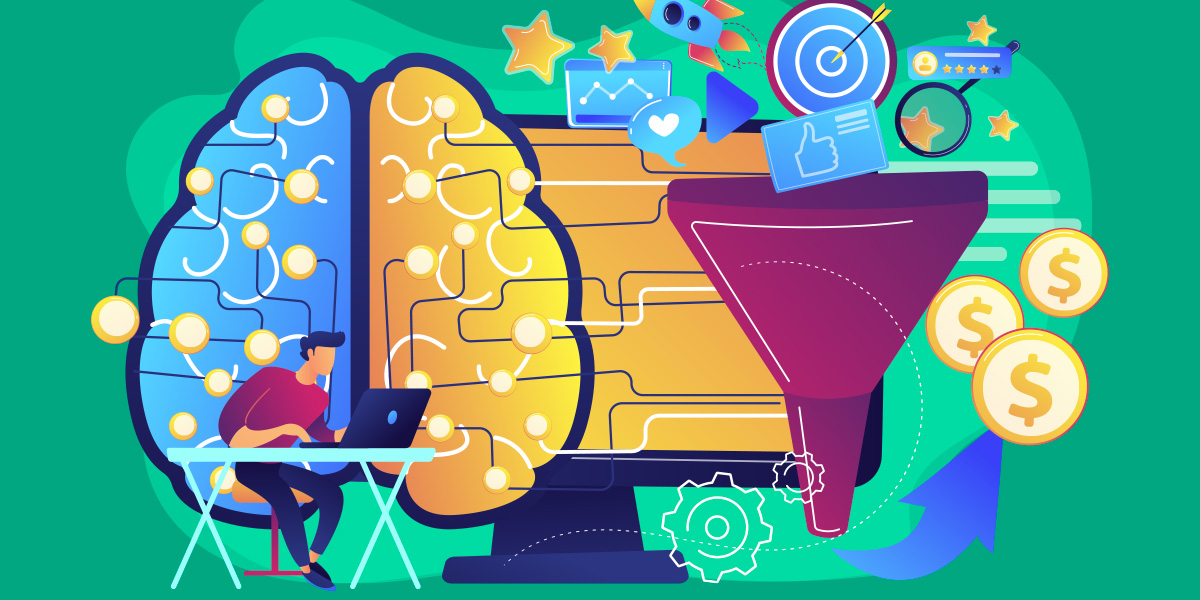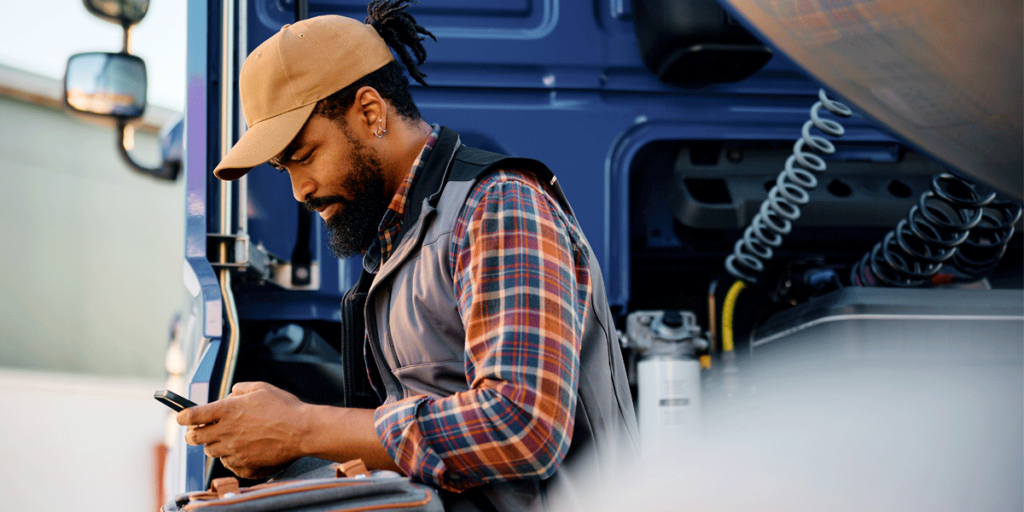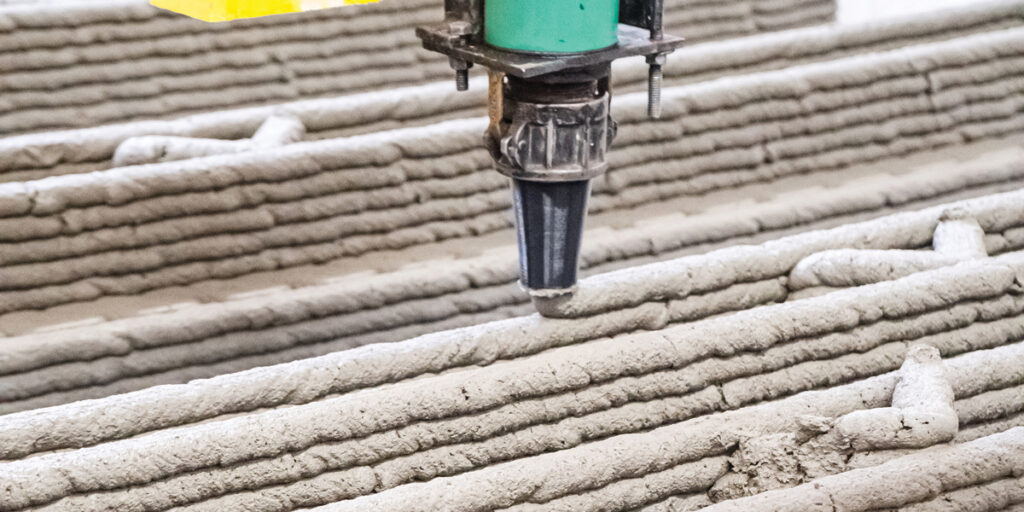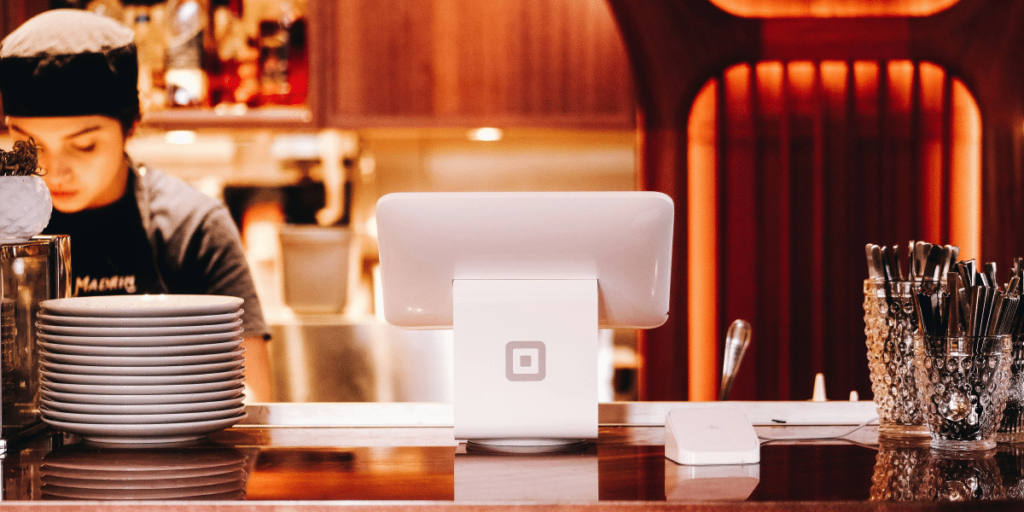PPC campaign automation is transforming the way businesses approach digital advertising by streamlining repetitive tasks and optimizing performance in real time. In the middle of fast-paced marketing environments, manual campaign management often leads to inefficiencies and missed opportunities. Automation tools can handle bid adjustments, ad rotations, keyword targeting, and audience segmentation without constant human intervention. This allows marketers to focus on strategy rather than execution. By embracing PPC campaign automation, businesses can improve ad relevance, reduce wasted spend, and achieve better results with less effort.
The Role of PPC Campaign Automation in Modern Advertising
In today’s competitive digital landscape, Pay-per-click automation plays a pivotal role in maximizing ad performance and resource efficiency. In the middle of the marketing workflow, automation technology helps advertisers respond instantly to market changes, competitor activity, and shifts in user behavior. Instead of spending hours tweaking bids or testing ad variations, marketers can let automation tools apply data-driven changes continuously. This results in campaigns that are always optimized for cost efficiency and higher conversions. As a result, companies can stay ahead in crowded markets while reducing the risk of human error.
Key Features of PPC Campaign Automation Tools
Modern PPC campaign automation platforms come with a variety of features designed to optimize performance. In the middle of these features are automated bidding strategies, dynamic ad creation, budget allocation rules, and AI-powered audience targeting. Automated bidding ensures the most competitive position at the lowest cost. Dynamic ad creation personalizes ad copy and creatives for different audience segments. Budget allocation rules help distribute funds to the best-performing campaigns, while AI targeting finds high-value users based on real-time data. These capabilities make Pay-per-click automation a critical asset for achieving consistent advertising success.
How PPC Campaign Automation Improves Efficiency
Efficiency is one of the most significant benefits of Pay-per-click automation, enabling marketers to achieve more with fewer resources. In the middle of daily campaign operations, automation eliminates time-consuming manual adjustments while ensuring ads are always optimized. Automated rules can pause underperforming ads, increase bids for high-converting keywords, and allocate budget to top-performing campaigns instantly. This frees marketing teams to focus on creative strategy, competitor analysis, and brand development rather than repetitive operational tasks. The result is a leaner, more responsive advertising process.
Impact of PPC Campaign Automation on ROI
The influence of Pay-per-click automation on return on investment is substantial, as it optimizes ad spend for maximum results. In the middle of ROI-driven marketing strategies, automation ensures that budgets are directed toward the highest-performing keywords, ads, and audience segments. By analyzing real-time data, automation tools can identify and capitalize on profitable trends before competitors do. This leads to reduced wasted spend, higher click-through rates, and improved conversion rates. Over time, these improvements compound, resulting in significantly better ROI for businesses of all sizes.
Integrating PPC Campaign Automation with Analytics

When Pay-per-click automation is integrated with advanced analytics, advertisers gain unparalleled visibility into campaign performance. In the middle of strategic decision-making, this integration provides actionable insights that go beyond surface metrics. Analytics tools can track user behavior, attribution paths, and cross-channel interactions, which automation can use to refine targeting and bidding strategies. This combination ensures that campaigns are both data-informed and automatically optimized. The synergy between analytics and automation leads to smarter, faster, and more profitable advertising outcomes.
Challenges in Implementing PPC Campaign Automation
While PPC campaign automation offers many benefits, its implementation can present challenges such as complexity, cost, and over-reliance on technology. In the middle of these challenges is the need for expertise in setting up automation rules, integrating platforms, and monitoring results. Poorly configured automation can lead to budget waste, missed opportunities, or irrelevant targeting. Additionally, automation tools can be expensive for smaller businesses. Over-reliance on automated systems without human oversight may also cause brands to lose touch with changing market dynamics. To succeed, marketers must balance automation with strategic human input.
Best Practices for Successful PPC Campaign Automation
Maximizing the benefits of Pay-per-click automation requires following best practices to ensure optimal results. In the middle of these practices is setting clear campaign goals, regularly reviewing automation rules, and continuously testing ad creatives. Businesses should start small, automating specific tasks before scaling up. Frequent performance reviews help catch anomalies and ensure that automation aligns with strategic objectives. Incorporating human creativity and market knowledge into automated campaigns keeps messaging relevant and competitive. This combination of automation efficiency and human insight drives consistent advertising success.
The Future of PPC Campaign Automation
The future of PPC campaign automation is expected to be heavily influenced by artificial intelligence, machine learning, and predictive analytics. In the middle of these advancements, AI will enable even more precise audience targeting, smarter bidding strategies, and adaptive ad creatives. Predictive analytics will help forecast consumer behavior, allowing advertisers to preemptively adjust campaigns. Integration with voice search, augmented reality ads, and emerging digital channels will further expand the possibilities of automation. Businesses that adopt these innovations early will be well-positioned to maintain a competitive advantage in digital advertising.
PPC Campaign Automation for Small and Large Businesses
Both small and large businesses can benefit from PPC campaign automation, though their strategies may differ. In the middle of small business marketing, automation provides resource efficiency and cost control, helping maximize limited budgets. For large enterprises, it enables the management of thousands of campaigns across multiple regions and channels. In both cases, automation ensures that campaigns remain competitive without requiring constant manual input. This scalability makes Pay-per-click automation a versatile tool for organizations with diverse needs and goals.
Maximizing Long-Term Success with PPC Campaign Automation
Long-term success with PPC campaign automation comes from continuously refining strategies, integrating new technologies, and maintaining a balance between automation and human oversight. In the middle of sustainable marketing practices, automation should be seen as a tool that complements—not replaces—strategic thinking. Regular audits, ongoing keyword research, and competitive analysis help automation deliver consistent results over time. By adapting to evolving market trends and leveraging automation’s full capabilities, businesses can maintain strong campaign performance and steady growth.
Conclusion
PPC campaign automation is revolutionizing digital advertising by reducing manual workload, increasing efficiency, and maximizing ROI. In the middle of competitive markets, businesses that embrace automation gain a significant advantage through faster decision-making, better targeting, and more precise budget allocation. While challenges exist, best practices and human oversight ensure that automation delivers optimal results. As technology continues to advance, the role of automation in PPC will only grow, making it an essential component of any successful digital marketing strategy.
















